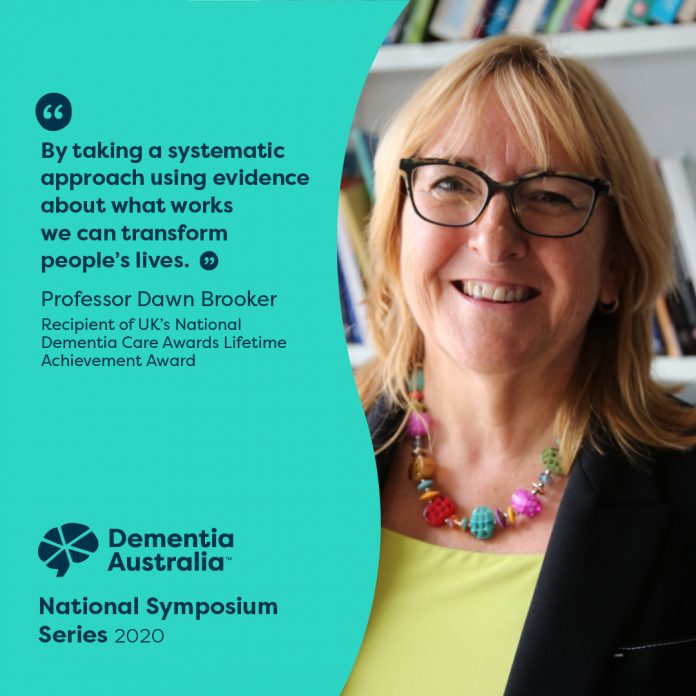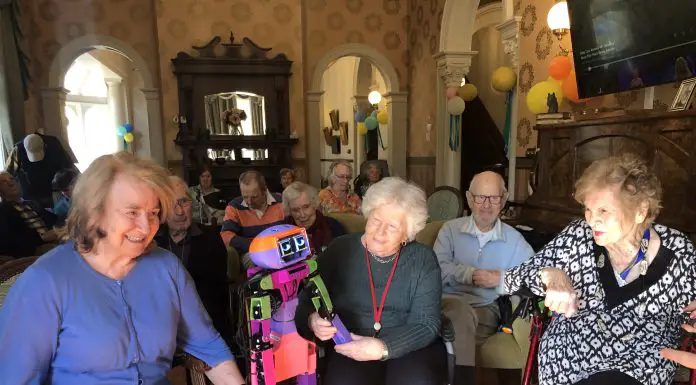Person-centred care for dementia that provides psychological support and individual plans can deliver improved quality of life and alertness, according to a global expert.
Speaking to a Dementia Australia webinar yesterday as part of the National Symposium Series, United Kingdom-based Professor Dawn Brooker said the enriched model of dementia care should be implemented across residential and home-based services.
The clinical psychologist and academic told almost 1000 viewers of the online seminar the psychological support model tailored health and wellbeing care to individuals, taking into account their personality and traits before their dementia diagnosis.
“From a person-centred point of view, it’s important to understand who this person has been through their lives, how dementia is interacting with who they are now, and how to address those needs,” she said.
“In order to understand the experiences of dementia we also need to enrich that understanding by recognising that person’s life story, their health, their physical health, and the way they’re treated on a day to day basis.
“It’s vitally important to how people experience dementia.”

Professor Brooker established the University of Worcester Association for Dementia Studies in 2009 and continues to lead the multi-disciplinary organisation.
The association undertakes research, in conjunction with aged care providers, to model and test the experience of people living with dementia in different settings.
She cited UK statistics that in 2012 there were 800,000 people living with dementia. By 2021 there will be 1 million people, and by 2051, an estimated 1.7 million people will be living with the condition.
“Dementia is now everybody’s business,” she said.
Professor Brooker pointed to the successful Namaste Care model in the UK, where staff conducted one or two 90-minute to two-hour sessions with residents in a specialist room, providing physical and psychological comfort.
This included hand massages and skin care, food and drink, with a focus on stimulating all five senses. Research that followed six care homes revealed five were still doing the namaste care three months later.
One session daily was sufficient to achieve the desired impact and planning was vision from management was critical to a positive outcome.
She said it did not require additional staff, but needed organisation and specific rostering.
“It must be seen as a care intervention, not an activity,” she said. “This is a daily practice.”
There was a statistically significant decrease in agitation and an increase in quality of life at 12 weeks that maintained throughout the three months. There were also positive gains with increased alertness, awareness, communication, fluid intake and weight gain.
Staff felt empowered and families were more engaged, she said.
In general, however, the sector required greater will for improvement across all levels of staff.
“At the moment good person-centred care is driven by the few who feel like they’re pulling the rest of their colleagues along with them,” she said.
“That has to change and it is changing.”
One of the surprising positives to come from the horrors of the COVID-19 pandemic, she said, was an increase in people seeking qualifications and training in care work, such as social work and aged care.
“What COVID has done, it has said, this work is important,” she said.
“This work matters. It might be one of the positives.”
Professor Brooker also pointed to the benefits of building communities through Meeting Rooms for people early in their diagnosis, to prepare them to cope with the emotions and practical aspects.










